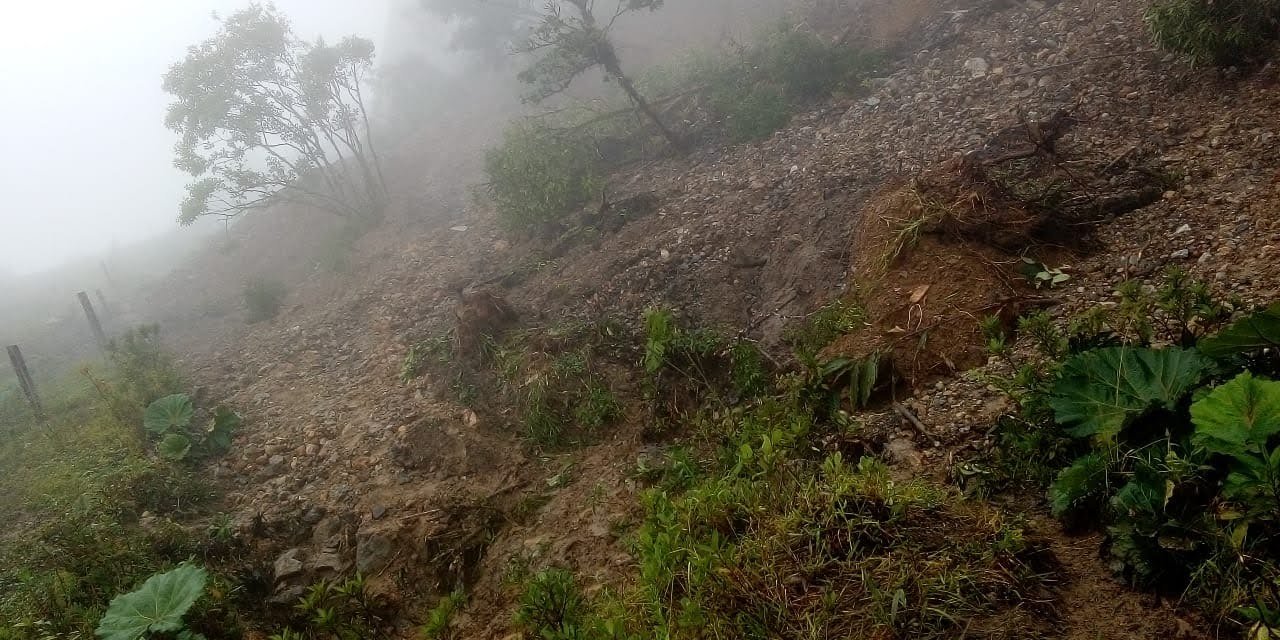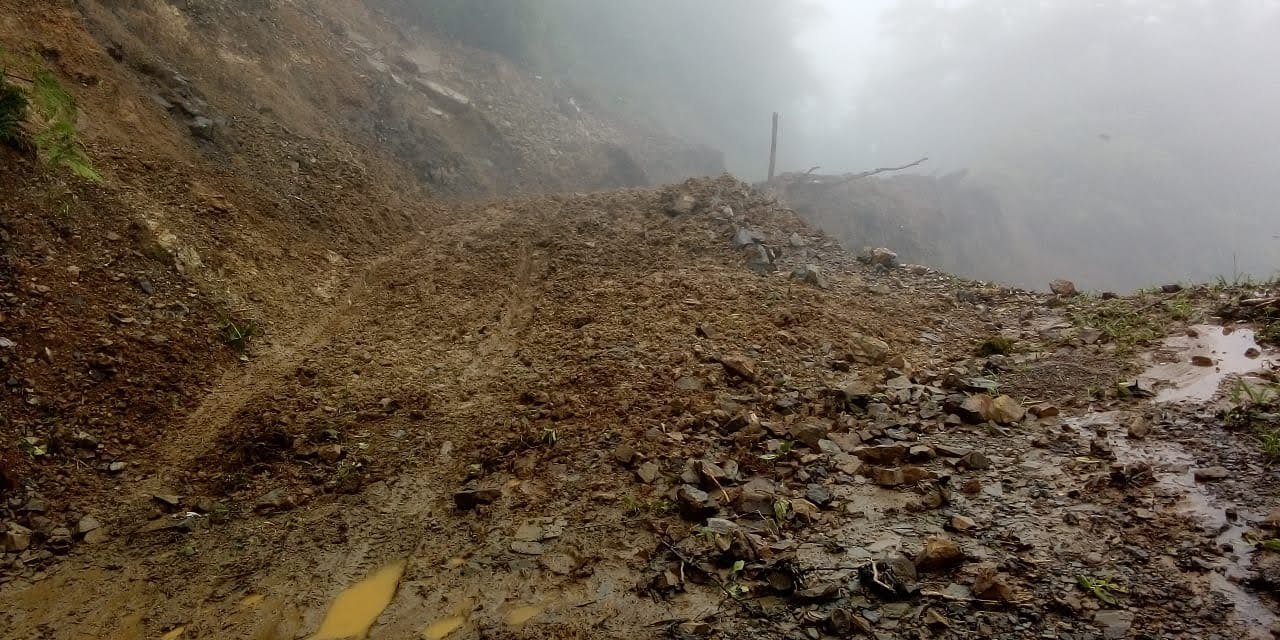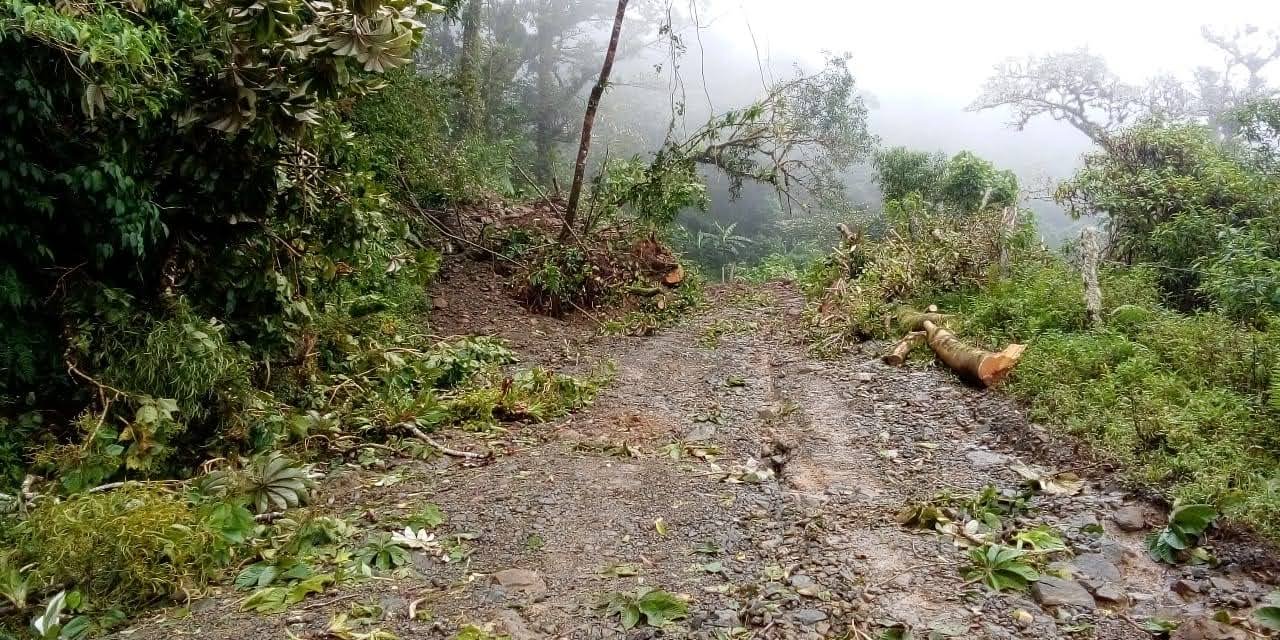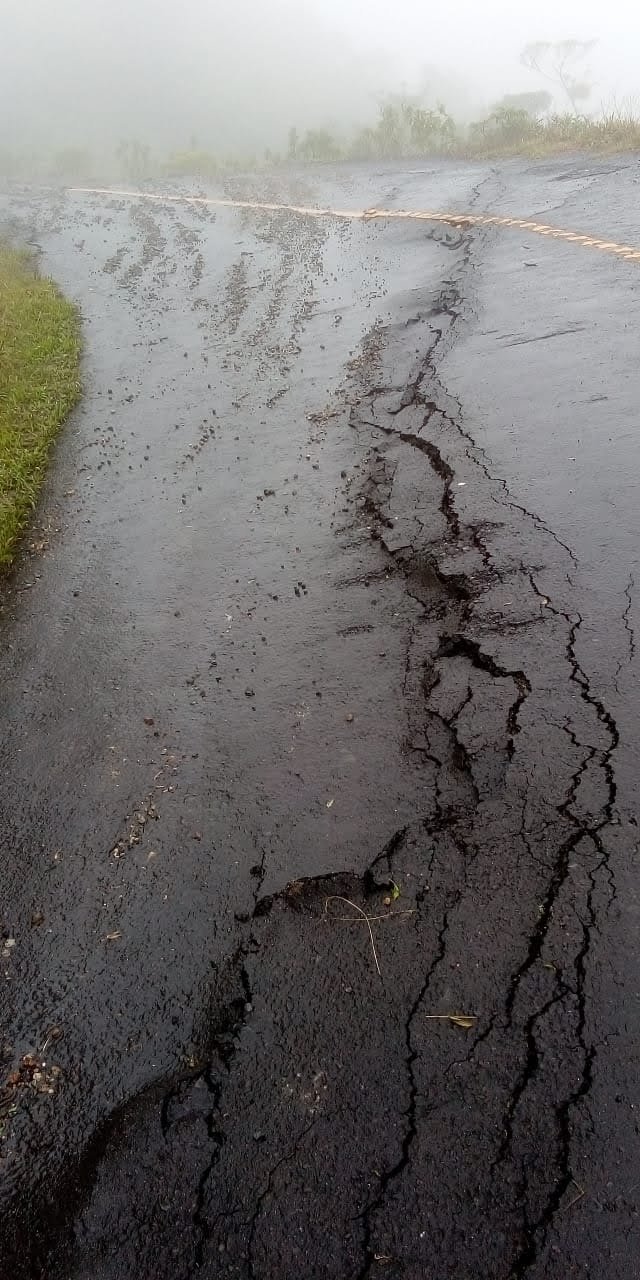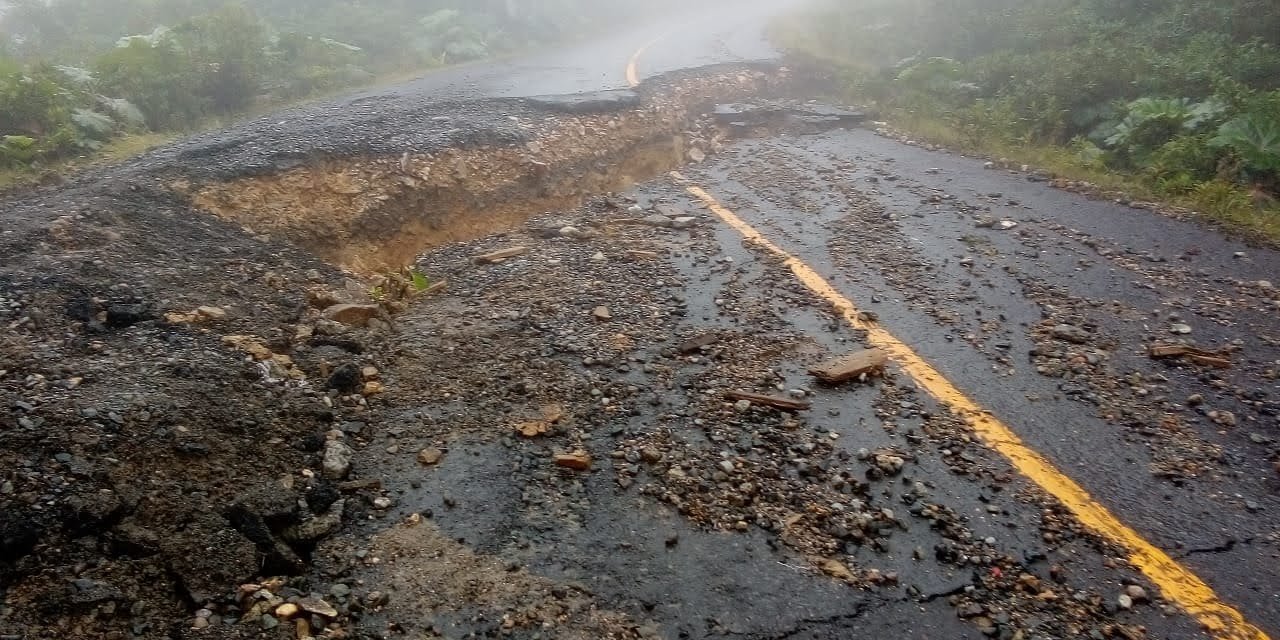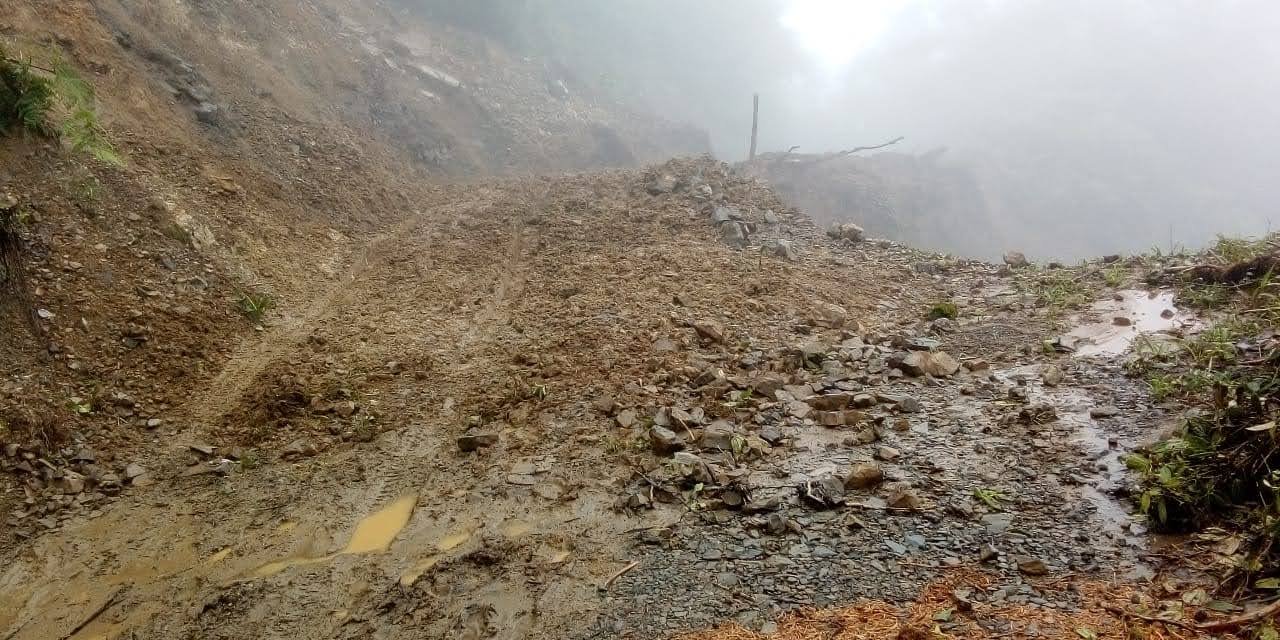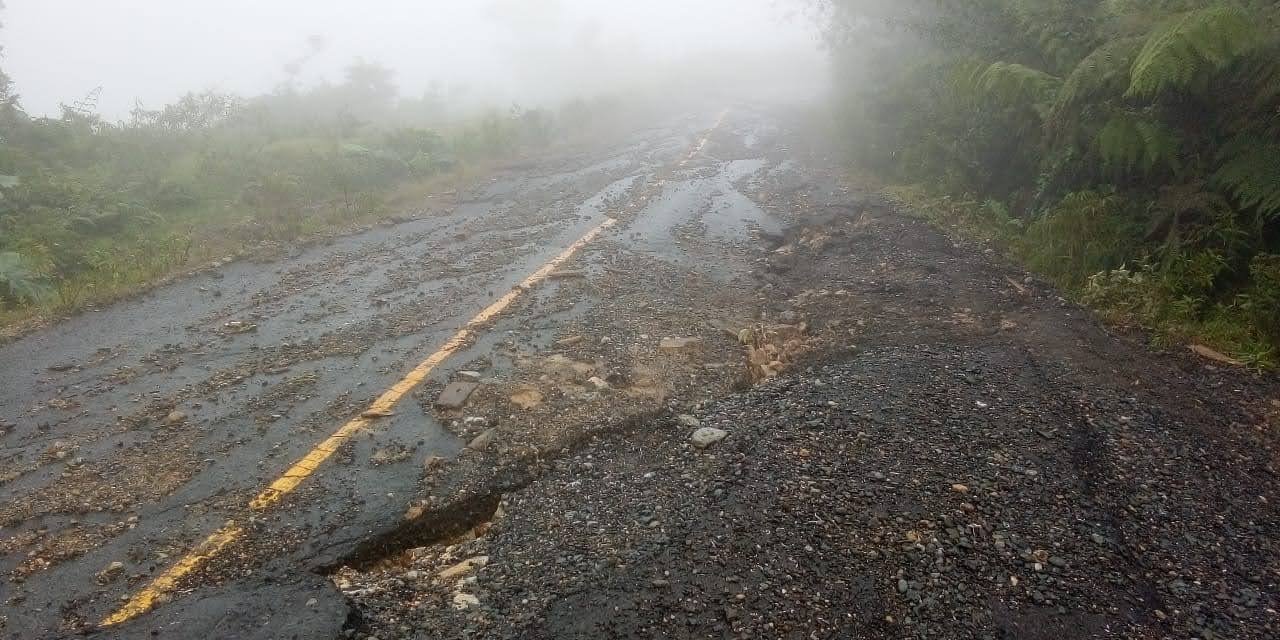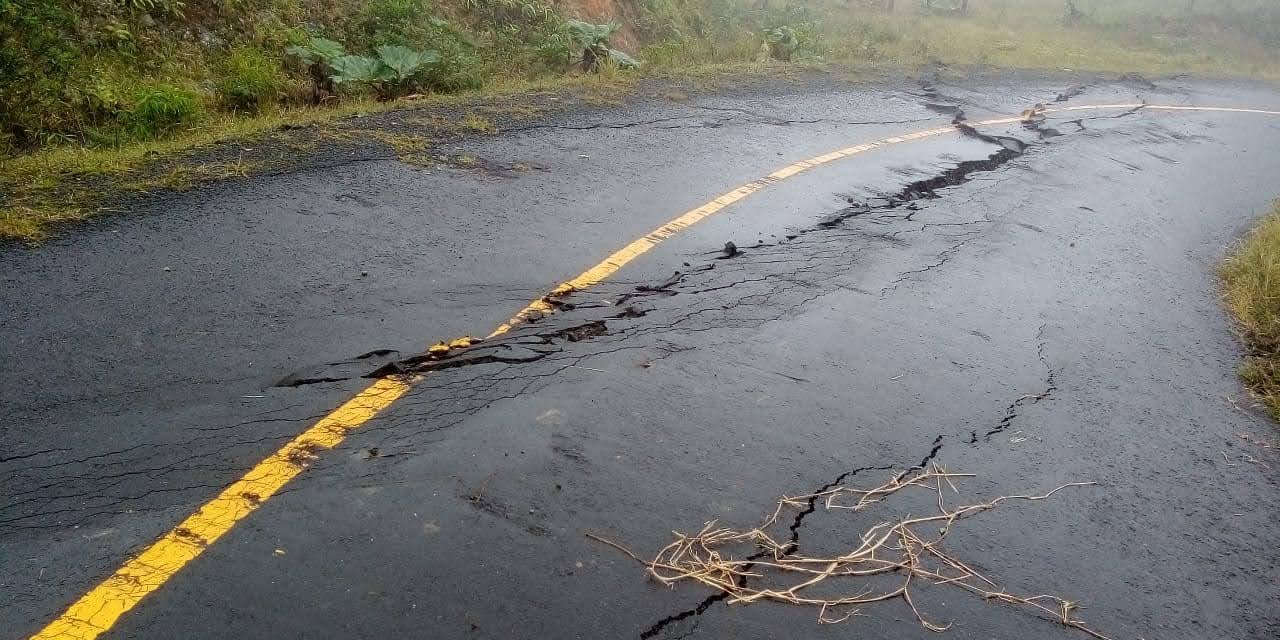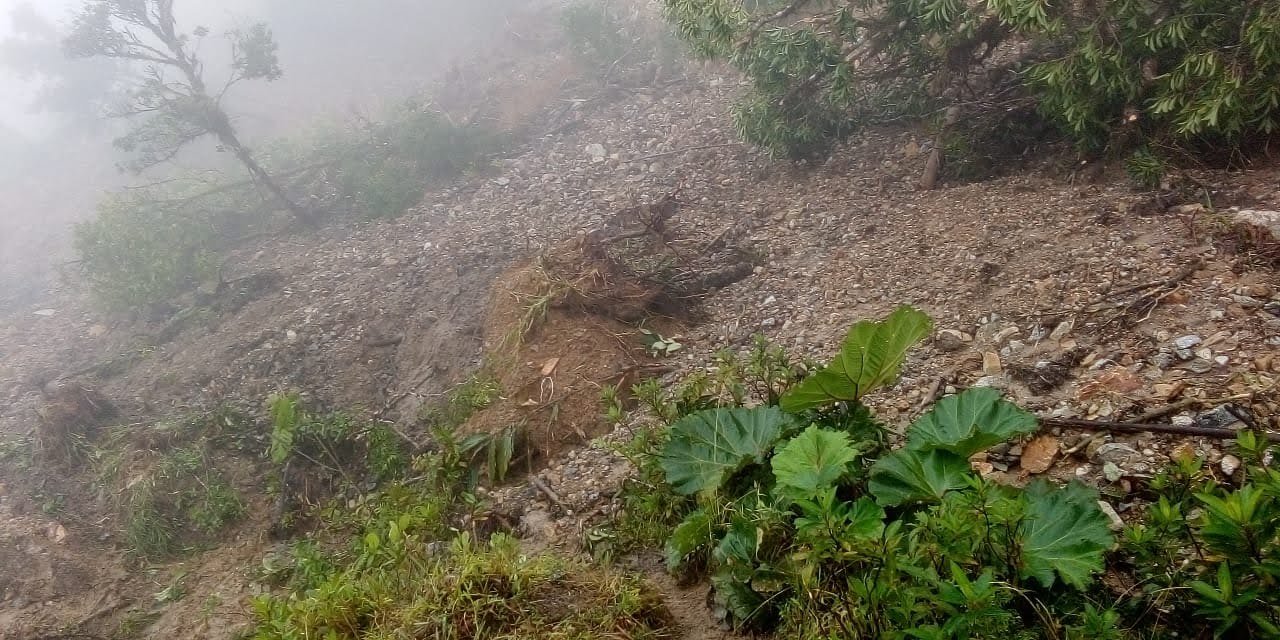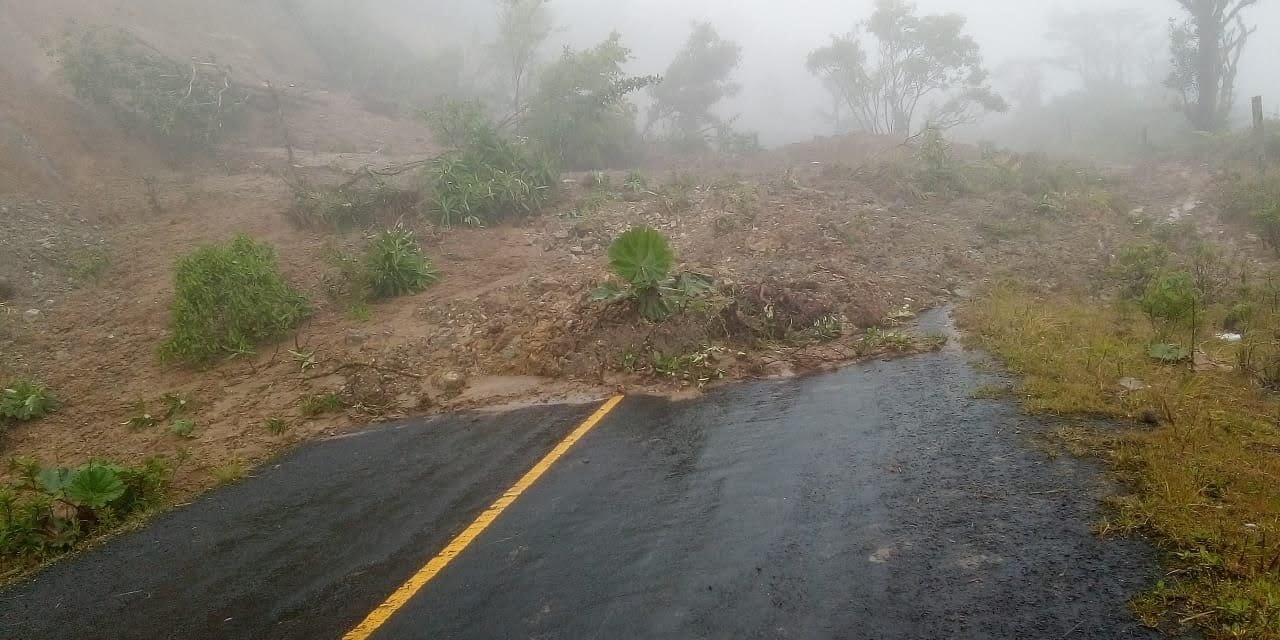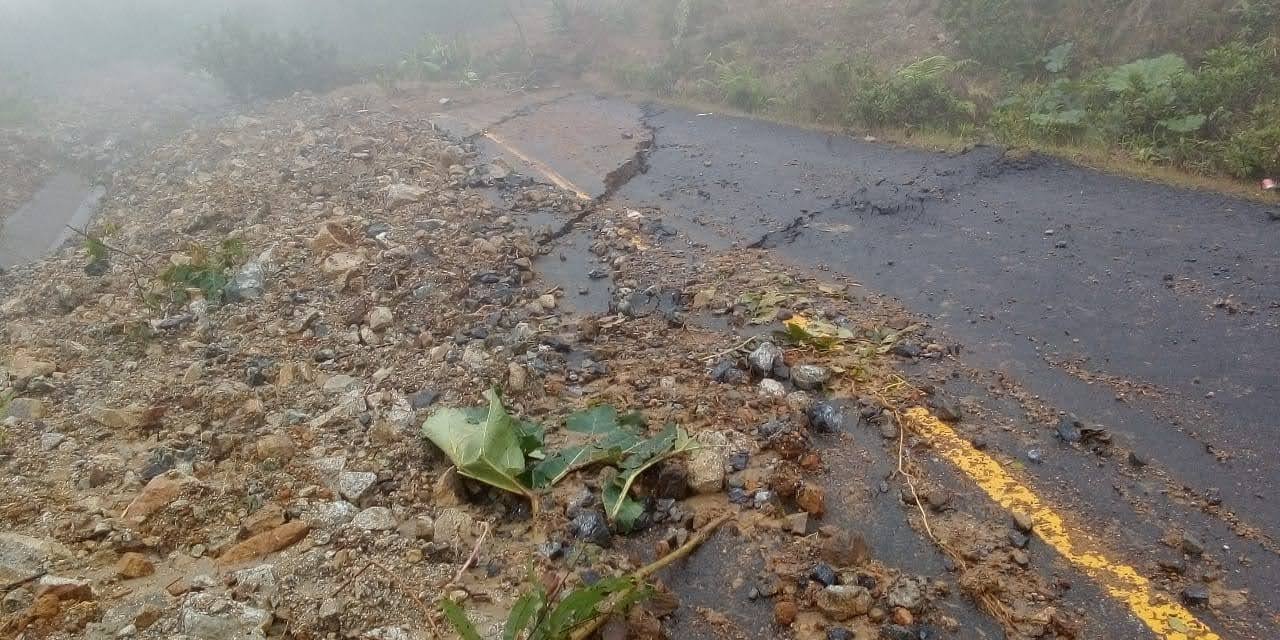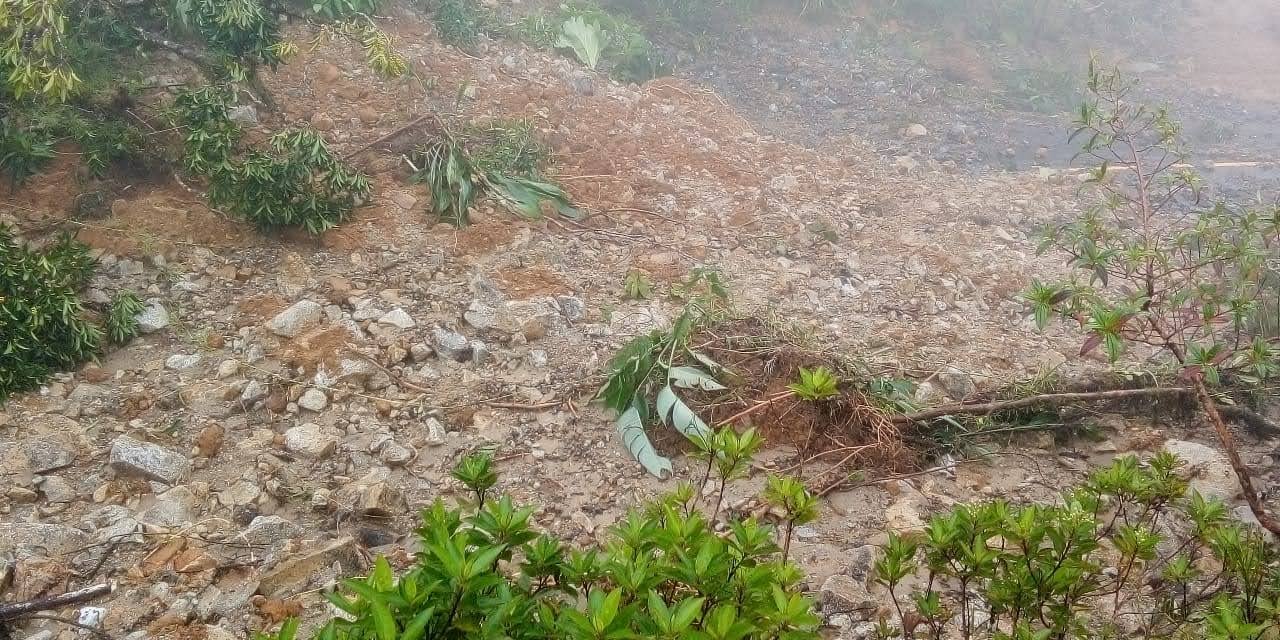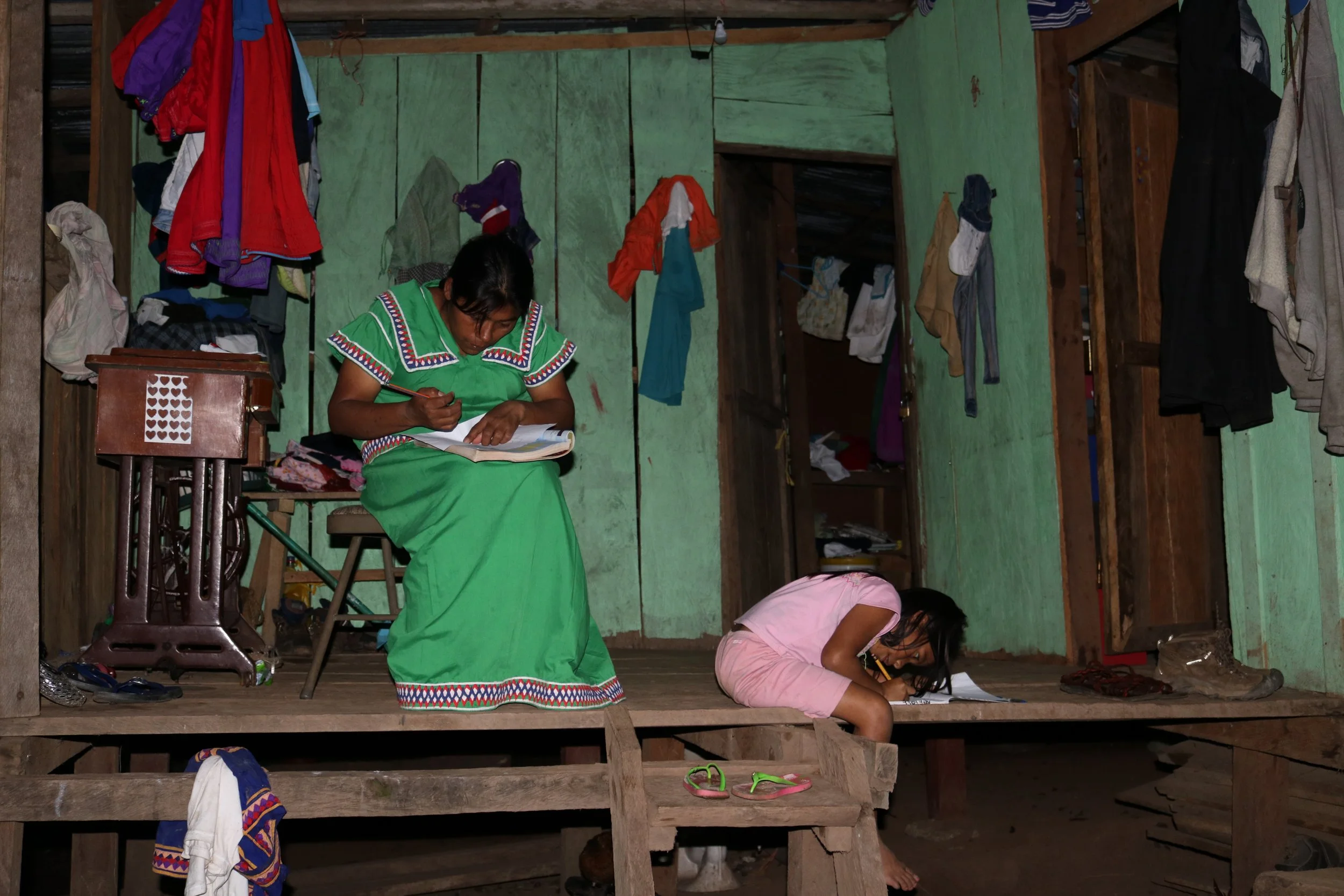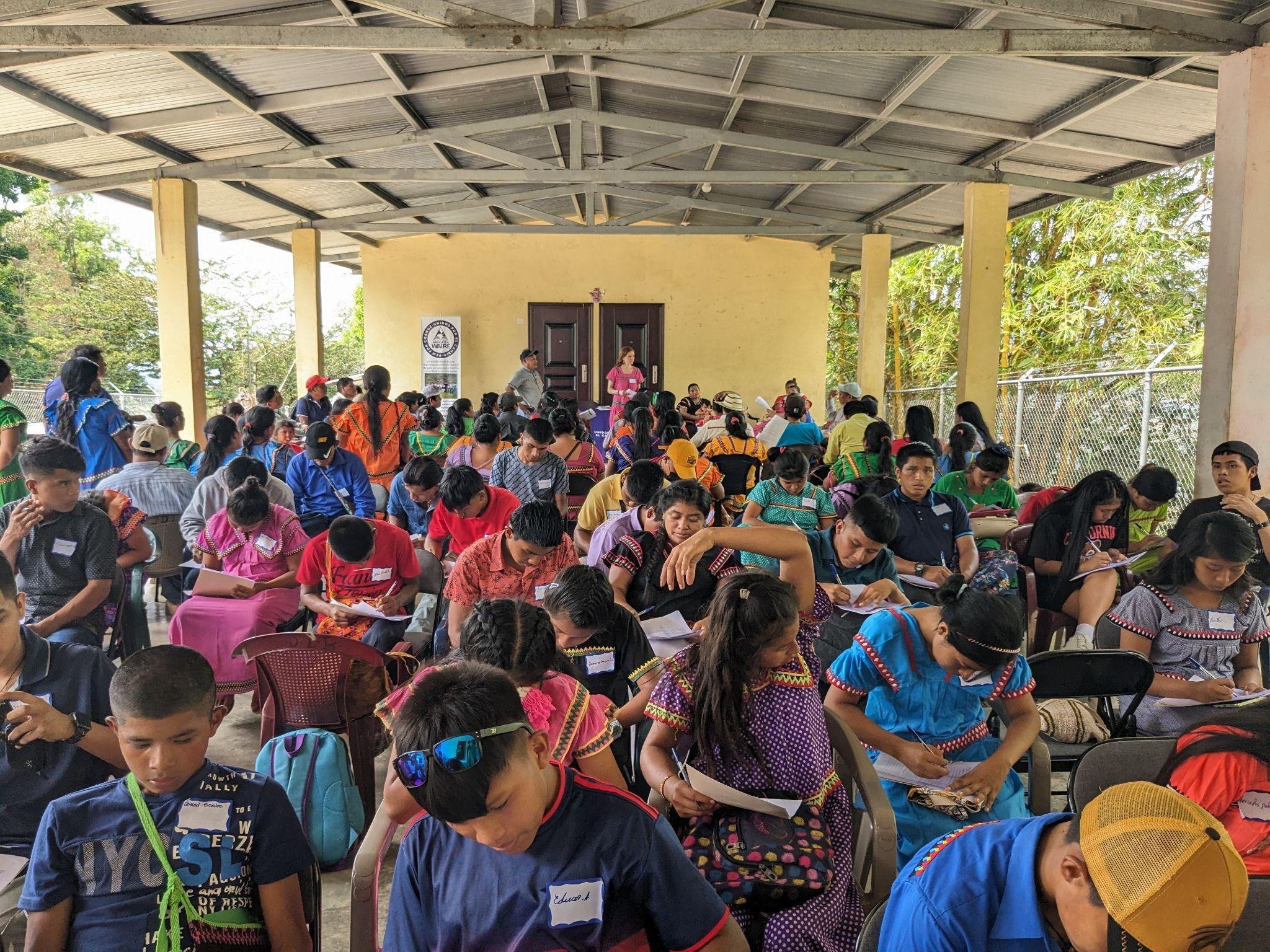Few for Change’s mission is to strengthen communities by improving access to education in underserved indigenous regions of Panama. Every year, it gets a little harder to do that. The last two years have been difficult for Few for Change’s 62 scholars to say the least. Panamanian schools closed for two consecutive school years, one of the longest school closures in the entire world, as found by UNICEF. Students have had to adjust to remote classes and submitting digital homework assignments via Whatsapp in areas that lack electricity and access to WiFi. Vaccine rollout has been slow in Panama, especially in rural regions like the Comarca Ngäbe-Buglé, and distrust of the government due to decades of oppression and exploitation has increased vaccine hesitancy. By itself, the COVID-19 pandemic has created myriad challenges for children and their families. Simultaneously, there is another global crisis that is making it harder for our students to pursue their dreams every year: climate change.
The 2020 Atlantic hurricane season was one of the worst ever, with a record 30 named storms (the most ever recorded), 13 hurricanes (the second most on record), and 6 major hurricanes (tied for second-most). In November 2020, two massive cyclones slammed into Central America bringing catastrophic wind and record amounts of rain in a devastating one-two punch. Flooding from Hurricane Eta killed at least 215 across Guatemala, Honduras, Mexico, and Panama making it the fourth deadliest Atlantic hurricane ever in November or December.
Satellite-estimated rainfall from November 1-22, 2020, over Central America, during the time that Hurricane Eta and Hurricane Iota made landfall. (Image credit: NASA Giovanni via Yale Climate Connections)
Panama wasn’t in the direct path of either storm, but Eta and Iota still did plenty of damage in the Comarca Ngäbe-Buglé and across Panama. Mudslides destroyed the only road to Hato Ratón, the small village tucked up in the mountains of the Central Cordillera where Few for Change Junta Directiva (Board of Directors) President Ramón Pineda lives (see photos of the damage below). This region of Panama receives almost daily heavy downpours during the rainy season, and frequently in the dry season as well, as warm moist air from the Caribbean gets pushed up and over the Central Cordillera causing the water vapor to cool down and condense into rain.
With impassable roads and power outages widespread across the Comarca, remote learning was practically impossible for most students at the end of 2020. Additionally, many families lost critical food supplies on their subsistence farms due to the heavy rains and mudslides, while students aren’t receiving government-provided breakfast and lunch due to school closures. During an already challenging year, these storms brought even more hardships and uncertainty for our students. As climate change accelerates, hurricanes will get stronger and more destructive, making it even more difficult for students in the Comarca to pursue their education and disrupting their communities in numerous ways.
Historically, students at schools located in the mountainous regions of the Comarca Ngäbe-Buglé and other remote areas of Panamá are already at a disadvantage because these are the least desireable teaching placements, since they are located far away from many teachers’ families and modern conveniences. This means that it can be difficult to find teachers willing or able to take these placements. Additionally, two teachers lost their lives in June of 2017 while traveling to their teaching placement on this same road due to a landslide. With climate change, extreme rainfall events and flooding are predicted to increase in frequency, posing serious dangers to those traveling on cliff-hugging mountain roads and living near the many rivers. The districts in which Few for Change scholarship students and their families live are at high risk for deadly flooding (dark orange on the map below) as determined by the UNEP Global Risk Identification Program (GRIP).
Nole Duima, the district where Few for Change works (circled), is at high risk for deadly flooding according to country-wide analysis of climate vulnerability. Source: Climate Risk and Adaptation Country Profile - Panama.
The Ngäbe people are resilient and have bounced back after Eta and Iota, but indigenous communities in remote areas are under near-constant threat from climate disasters such as flooding, drought, and extreme heat. We know that climate change is already upon us and that its impacts will keep getting worse if we continue on our current path. We also know that returning land to indigenous peoples and protecting indigenous land rights is one of the most effective solutions for mitigating climate change. That’s why we need to act now to stop burning fossil fuels and reduce global greenhouse gas emissions to zero as quickly as possible. Rich countries like the United States which bear most responsibility for climate change must provide climate reparations to help countries like Panama and areas like the Comarca Ngäbe-Buglé prepare for future climate-driven disasters.
If you’d like to support indigenous-led efforts to fight climate change, consider donating to the Indigenous Environmental Network and the NDN Collective.



